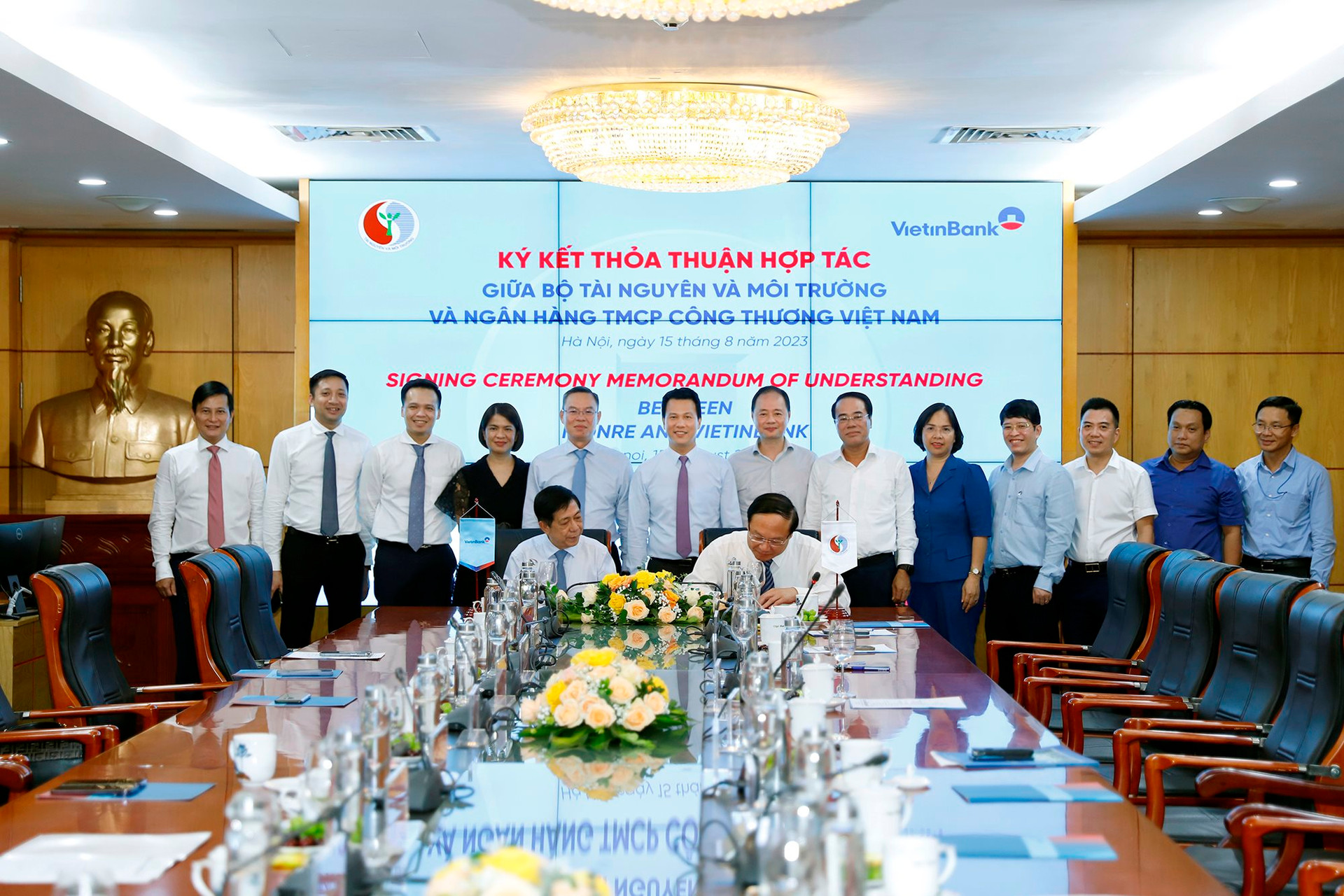
Attending the signing ceremony, on the side of the Ministry of Natural Resources and Environment were Member of the Party Central Committee, Minister Dang Quoc Khanh, Deputy Minister Le Cong Thanh, and representatives of leaders of units under the Ministry.
On VietinBank's side, there were Chairman of the Board of Directors Tran Minh Binh; Deputy General Director in charge of the Executive Board Nguyen Hoang Dung; and representatives of leaders of affiliated departments and units.
Speaking at the ceremony, Chairman of the Board of Directors of VietinBank Tran Minh Binh said that VietinBank is one of four state-owned commercial joint stock banks, operating in the fields of finance and investment including mobilizing individuals and organizations, lending to individuals and legal entities, cards, insurance, securities and financial investment. With a history of 35 years of establishment and development, with a leading position in terms of capital and total assets in the Vietnamese banking system, VietinBank always maintains strong commitments to the development of the country.
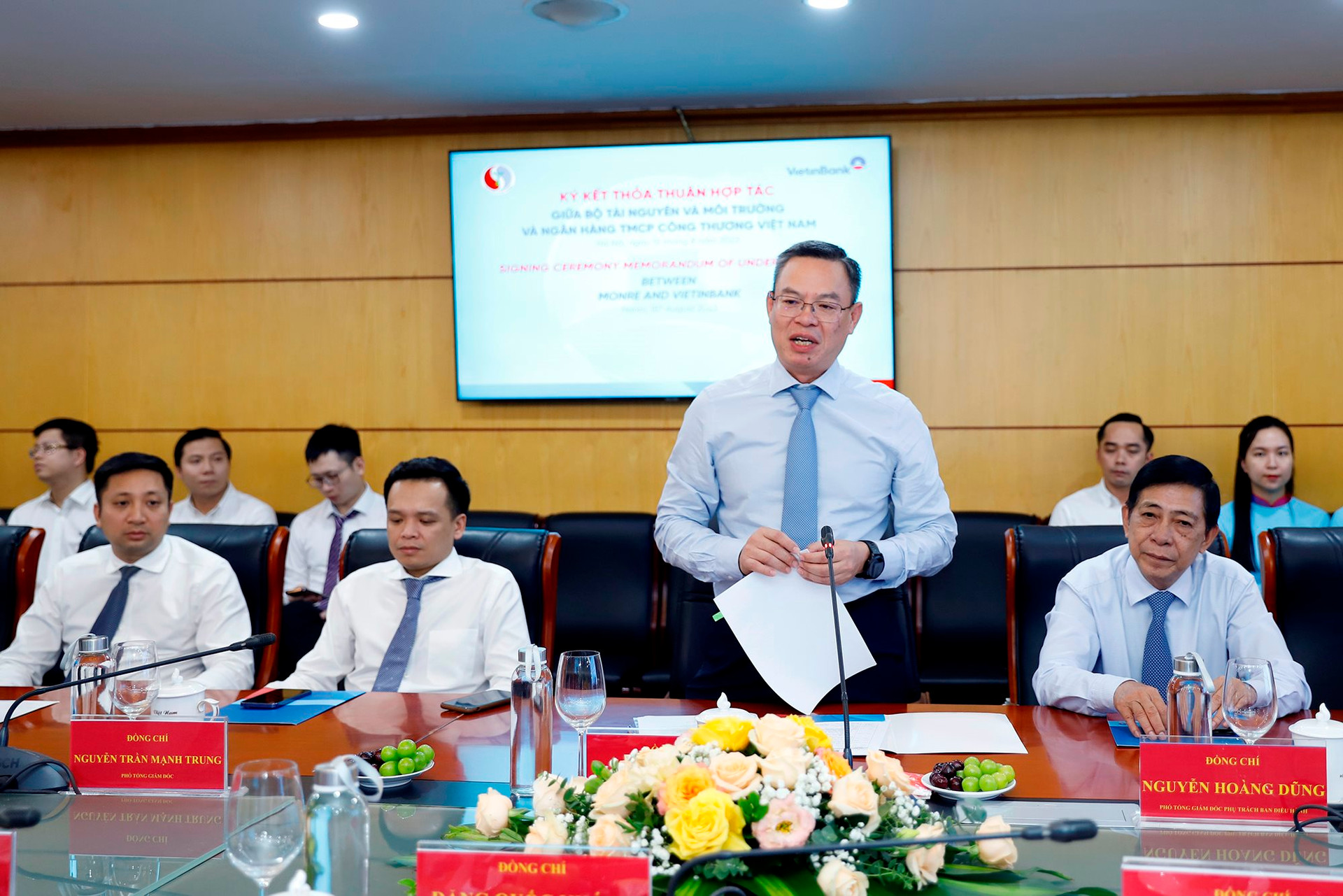
According to Chairman Tran Minh Binh, VietinBank has always proactively allocated resources to support Vietnamese enterprises to invest in resource management, environmental protection and climate change response, emission reduction and climate change adaptation. Currently, VietinBank's funding portfolio has grown by nearly 400% with nearly VND50,000 billion for projects related to renewable energy development, water treatment, waste treatment, etc. With the goal of becoming a pioneer bank in Vietnam in the field of green credit, sustainable financing, especially the only Vietnamese bank with a branch in Europe (Germany), VietinBank always wishes to have the opportunity to cooperate with government agencies in the process of implementing orientations in line with sustainable development goals.
Speaking at the ceremony, Minister Dang Quoc Khanh said that the environment and climate change are important goals to aim for, especially in the context that Vietnam is developing an action plan to achieve net zero emissions by 2050 as declared at the COP26/COP27 Conference. This is an opportunity for Vietnam to restructure its economy towards low-carbon development, which is also a common trend in the world in the current context.
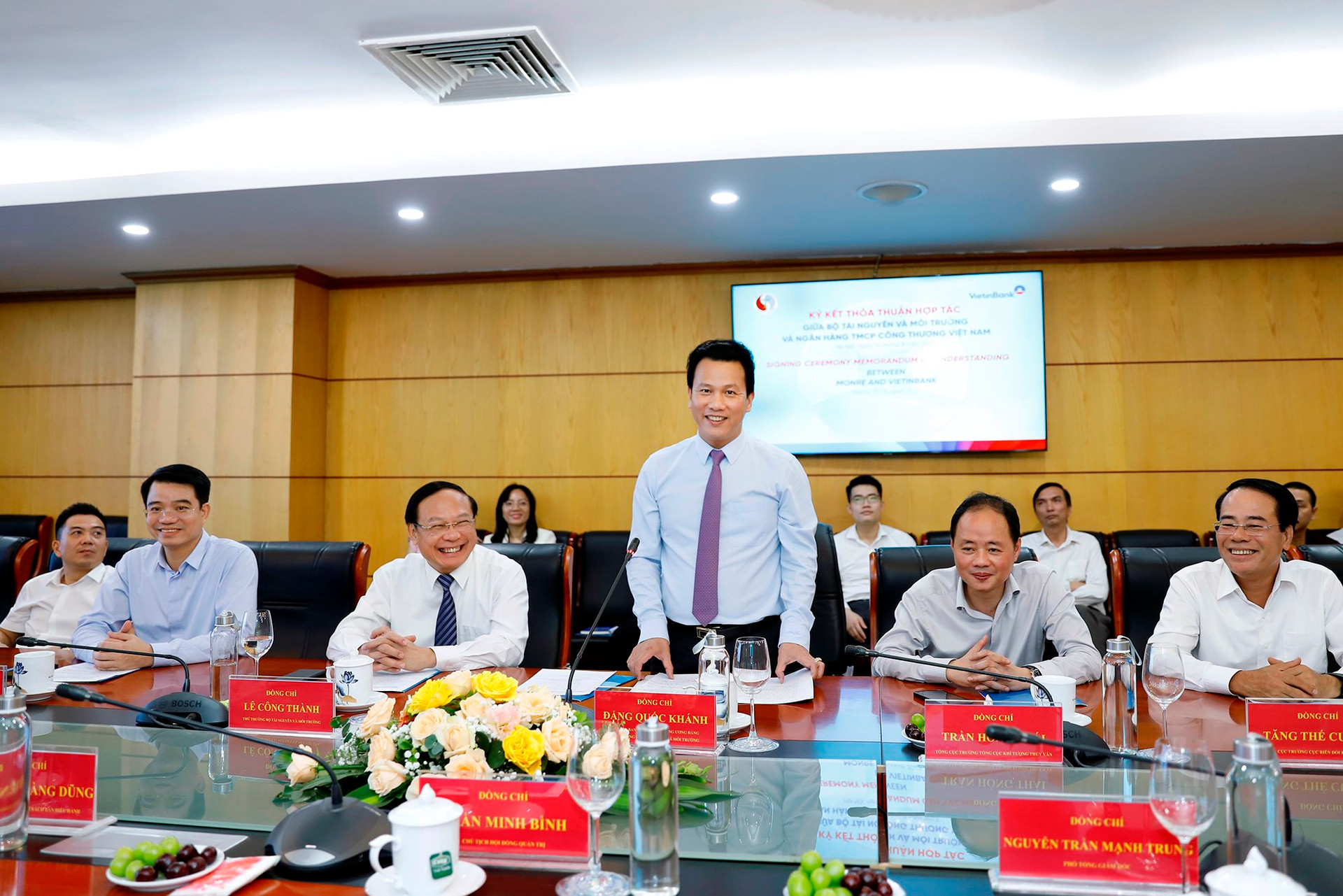
In particular, the Ministry of Natural Resources and Environment is the agency assisting the Government in performing the function of state management in the fields of natural resources and environment, climate change; at the same time, it is the Standing Agency of the National Steering Committee for implementing Vietnam's commitments at the COP26/COP27 Conference, organizing the implementation and monitoring the implementation of tasks to respond to climate change and energy transition to achieve the goal of achieving net zero emissions by 2050.
With the cooperation program, Minister Dang Quoc Khanh hopes that the two sides will coordinate and share information on orientations, development trends, orientations, action plans, policy mechanisms and regulations related to resource management, environmental protection and climate change response in Vietnam and around the world. The cooperation will support resources to promote economic sectors to participate in resource management, environmental protection and climate change response, ensuring energy security and equitable energy transition.
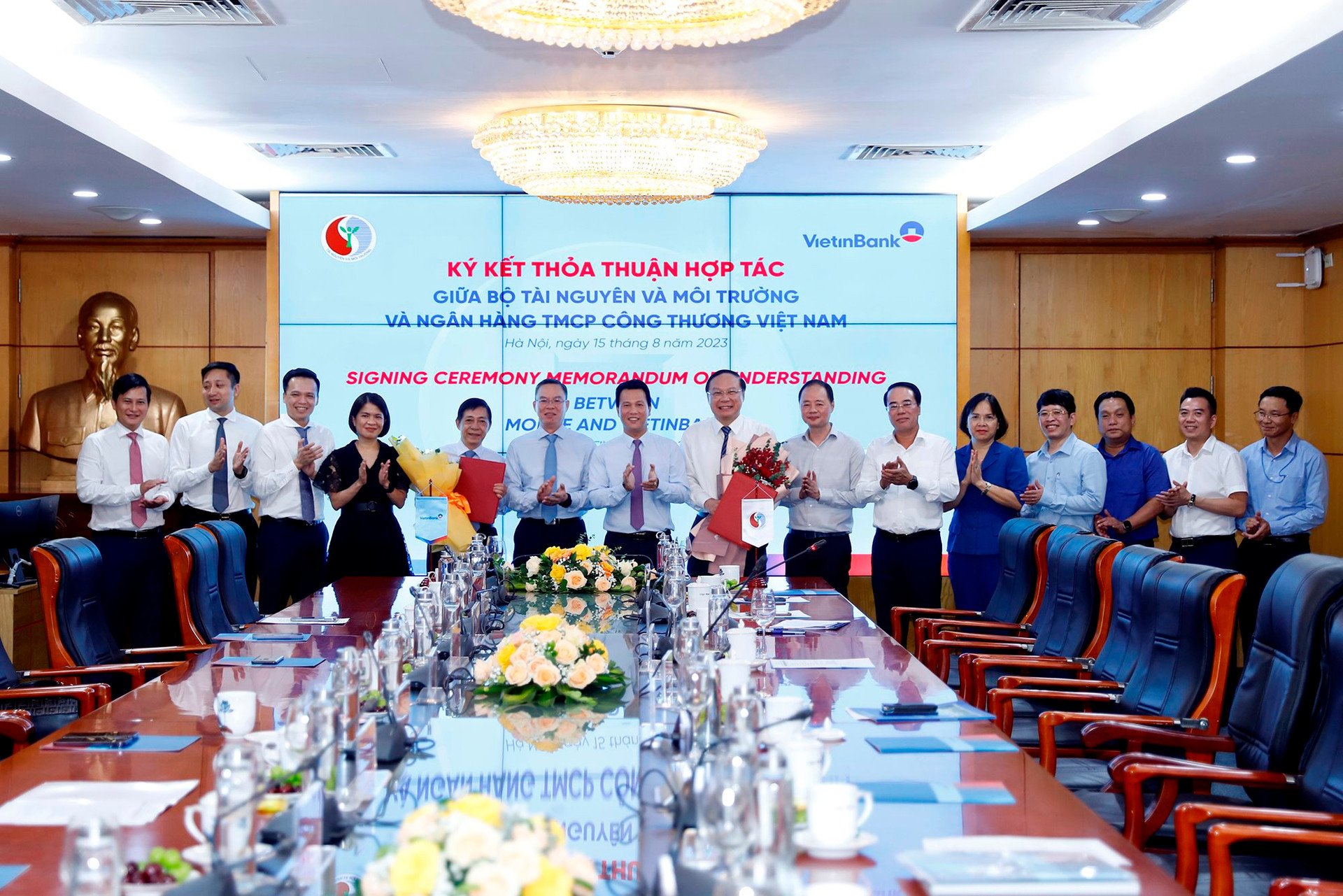
Minister Dang Quoc Khanh believes that after the signing ceremony, the professional agencies of both sides will coordinate well to have successful joint projects towards sustainable development goals, contributing to environmental protection, climate change response and socio-economic development of the country.
The cooperation content between the Ministry of Natural Resources and Environment and the Vietnam Joint Stock Commercial Bank for Industry and Trade will focus on the following contents:
1. Sharing information
2. Perfecting mechanisms and policies
3. Building and operating a carbon market trading platform
4. Support resources to promote economic sectors to participate in resource management, environmental protection and climate change response.
5. Cooperation in communication and training
Source






























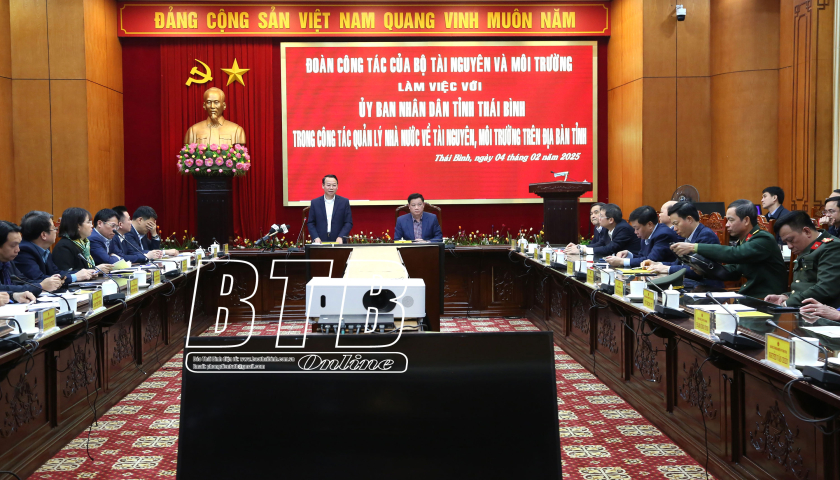
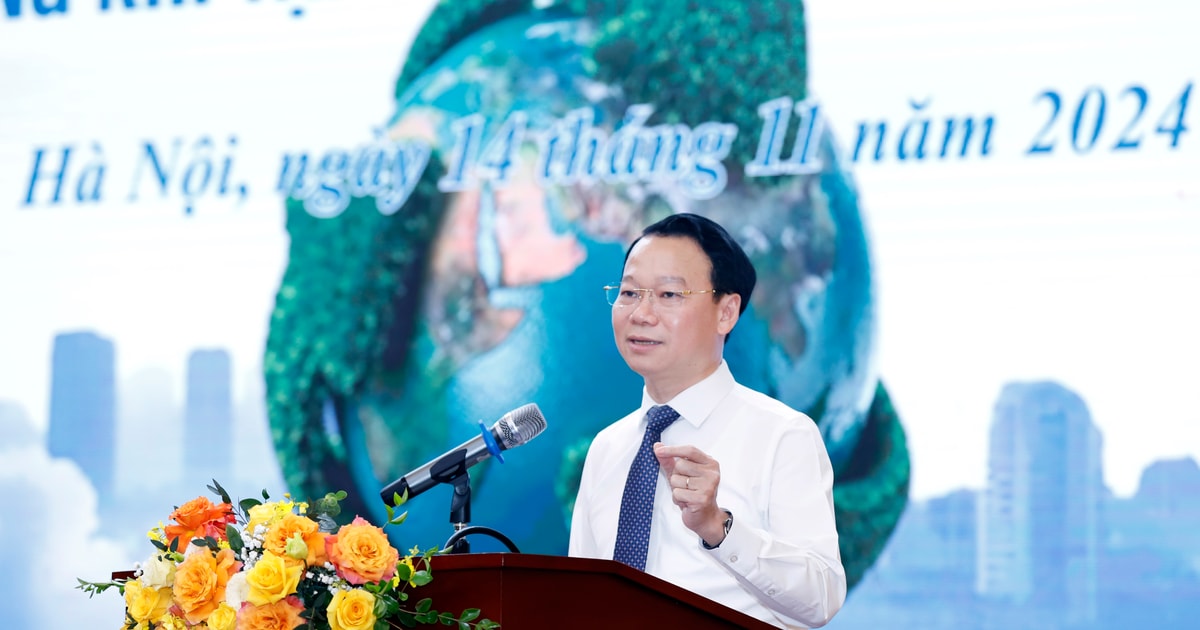
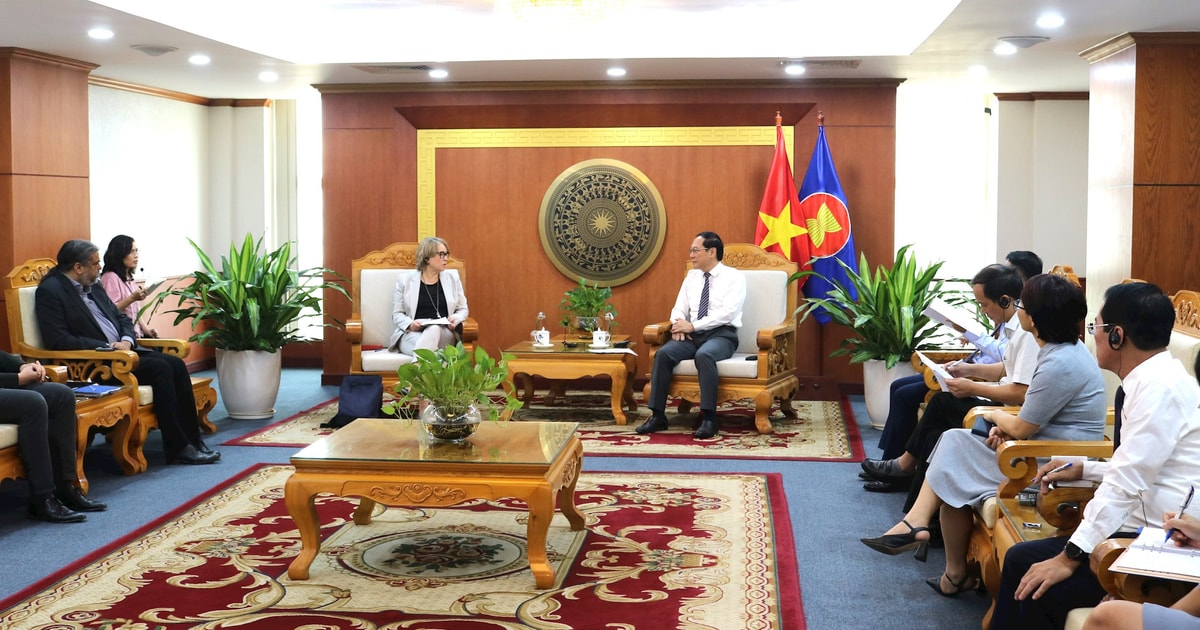
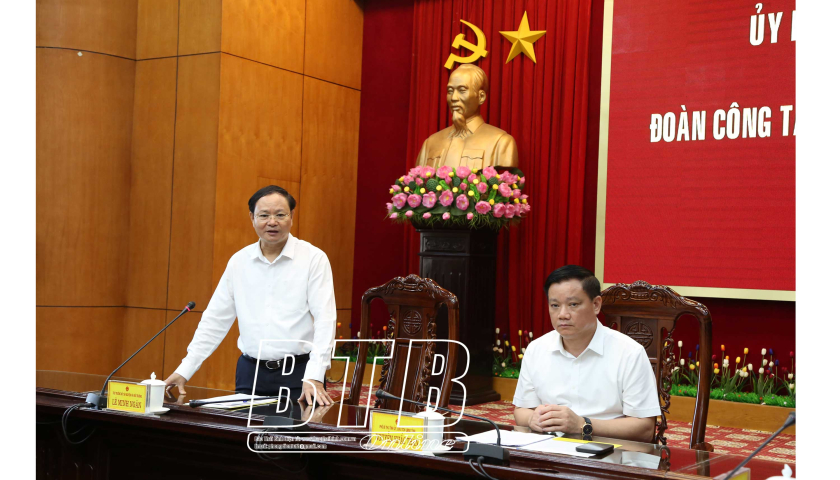
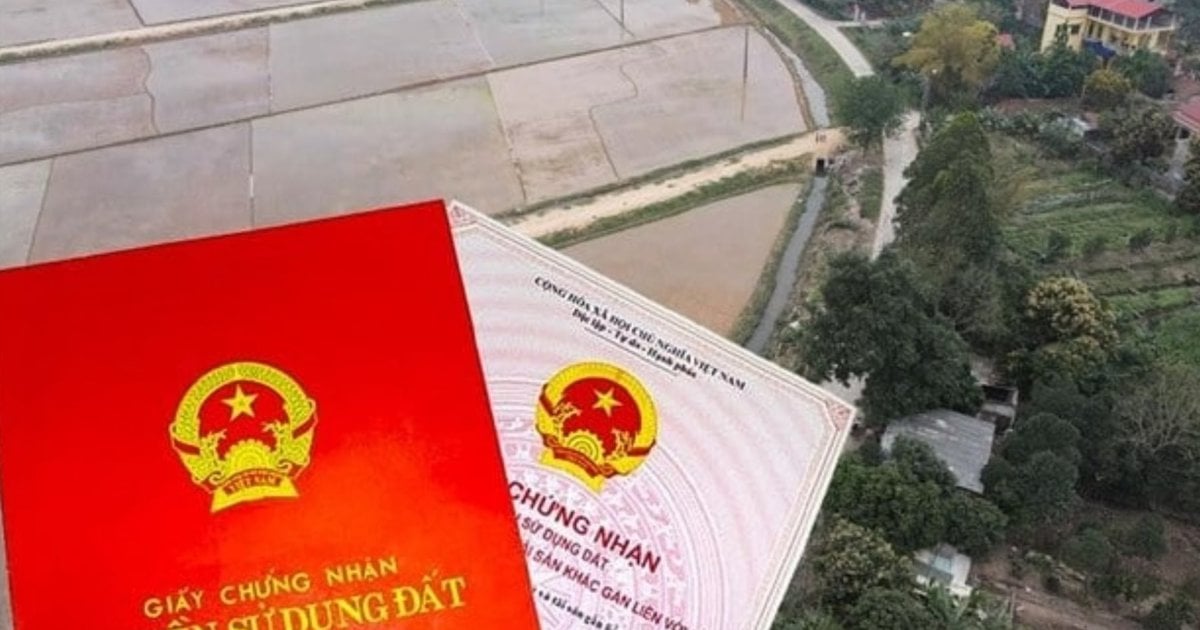

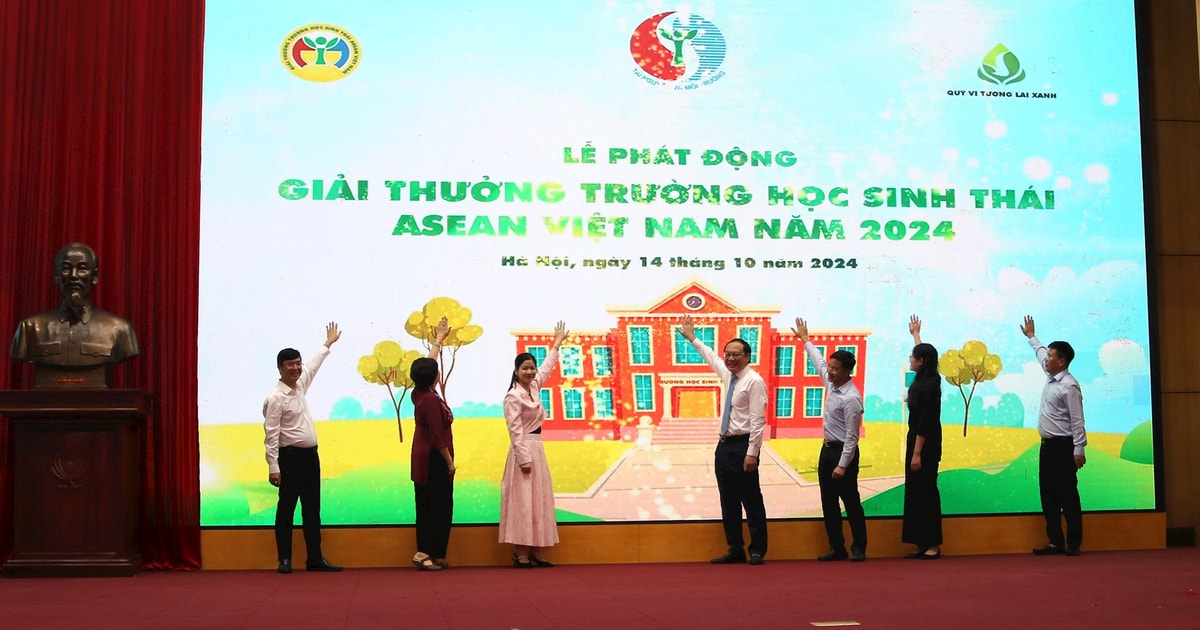
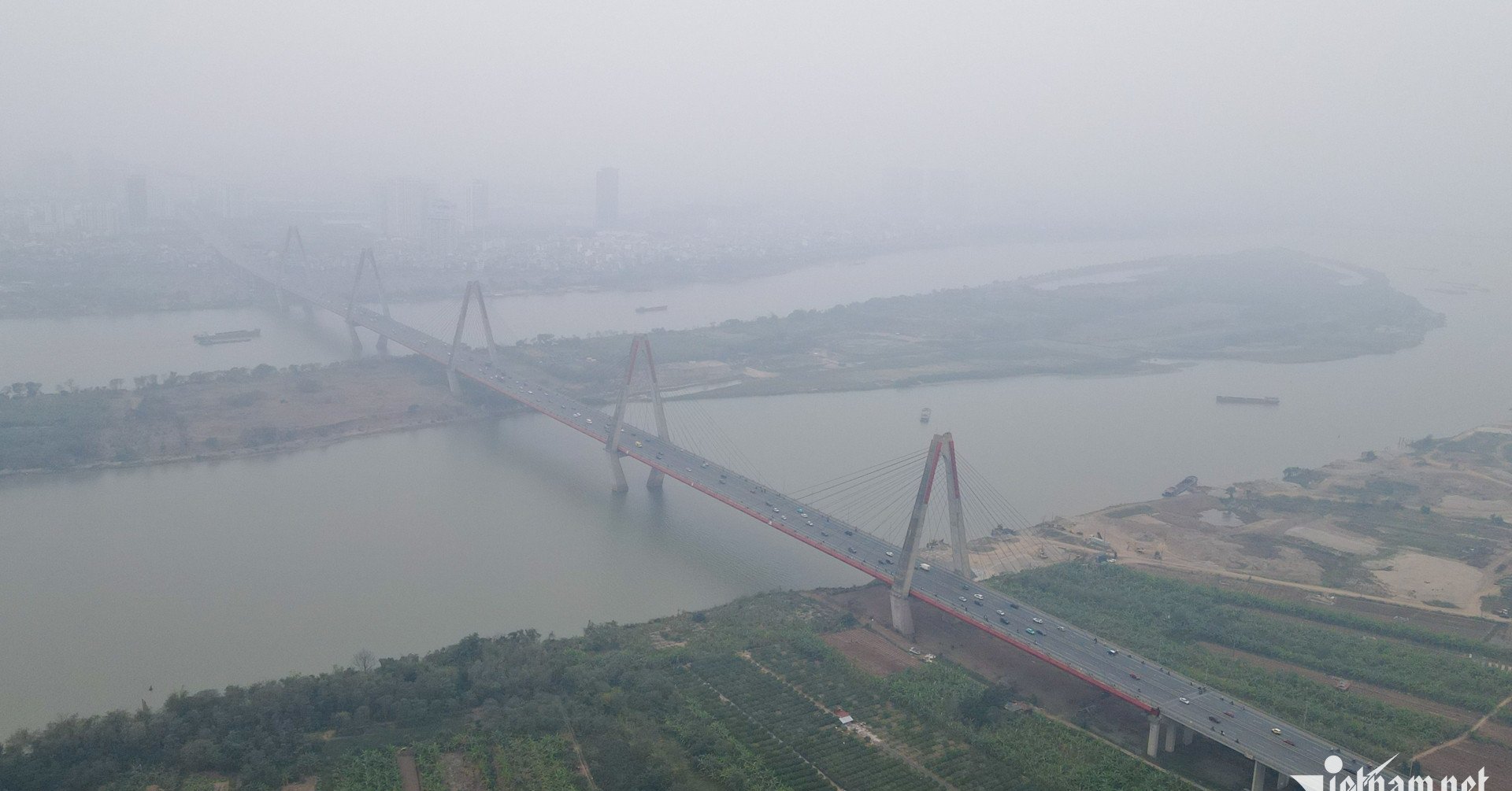

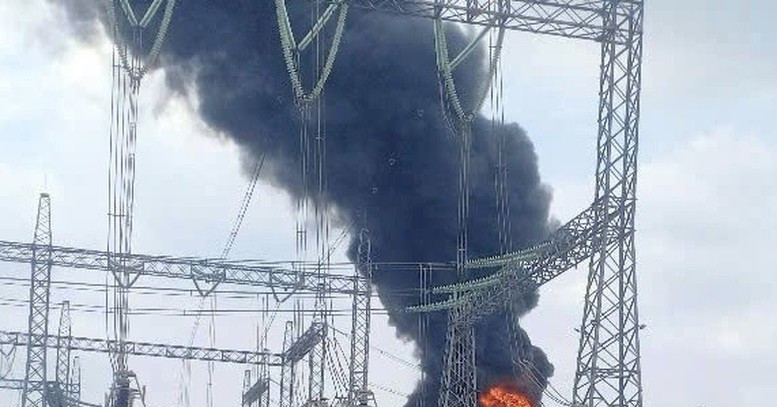







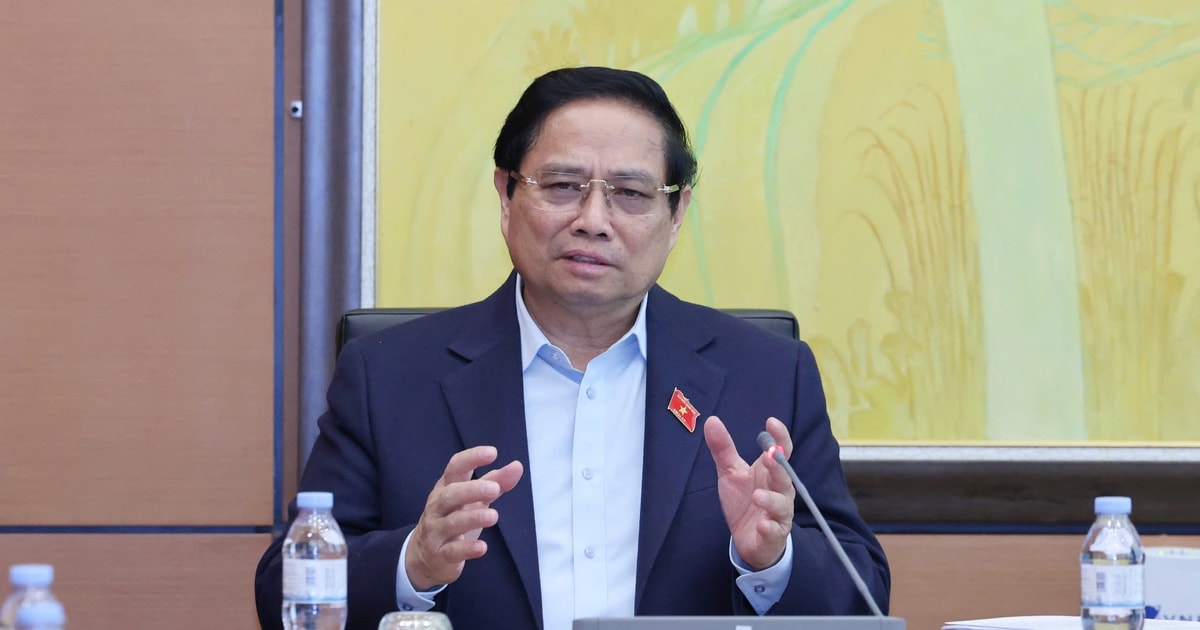
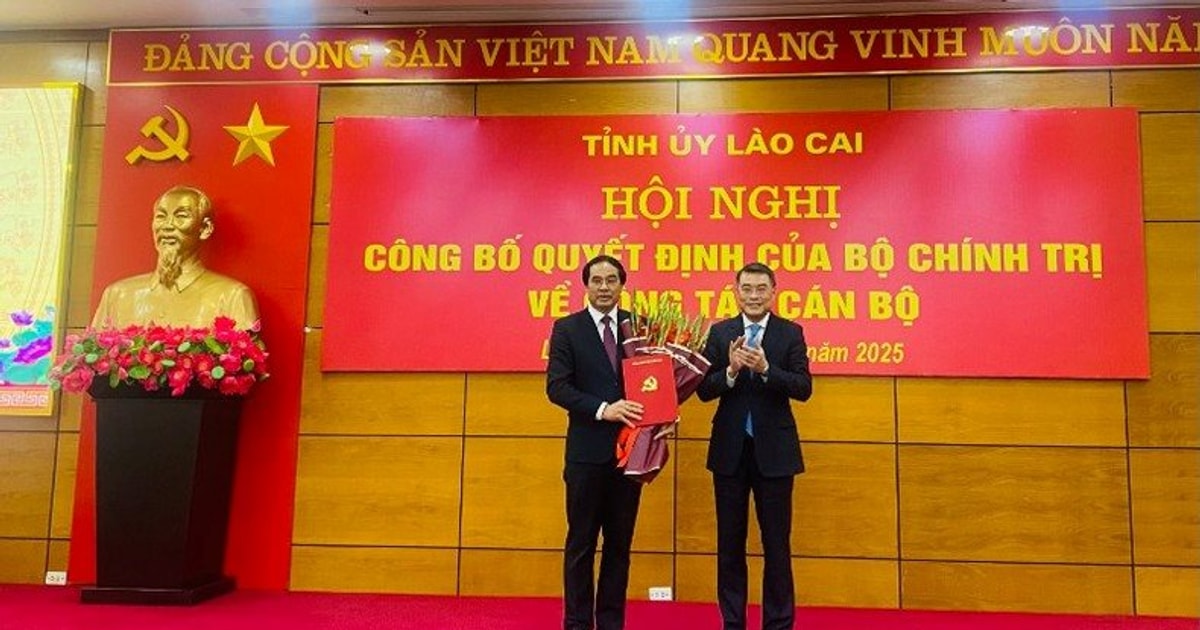
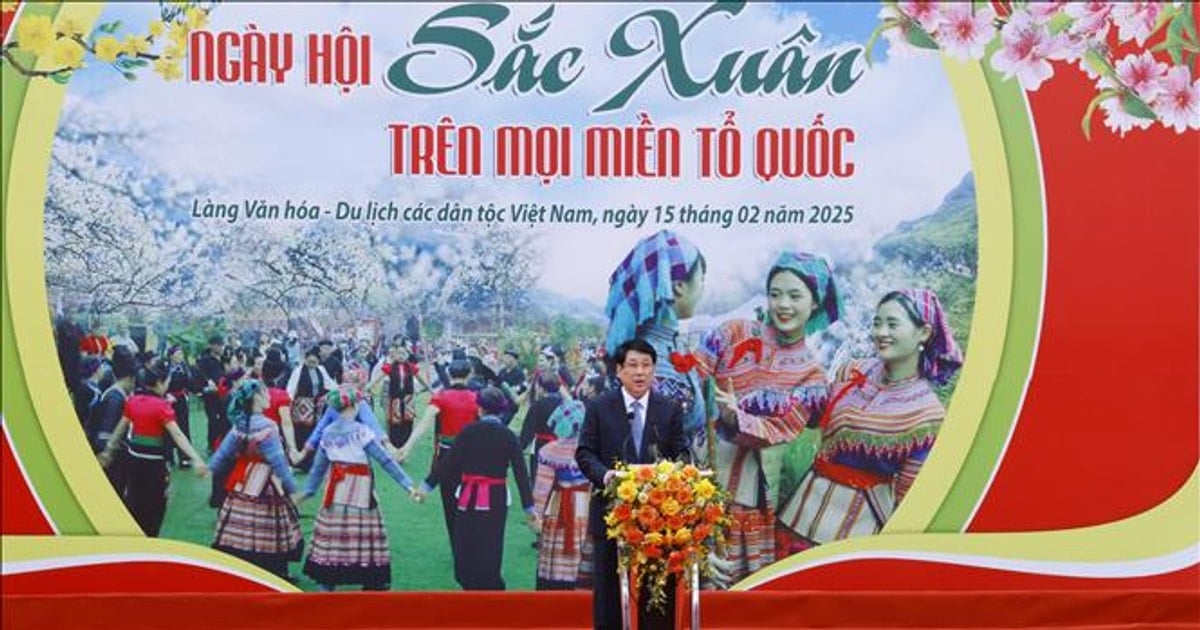
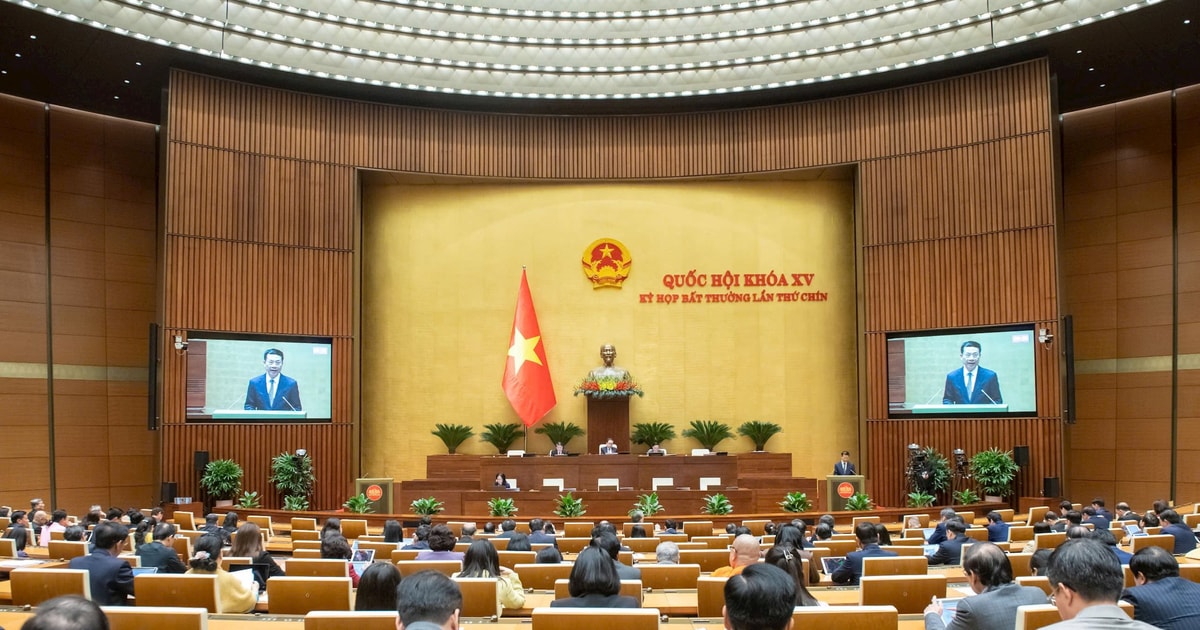
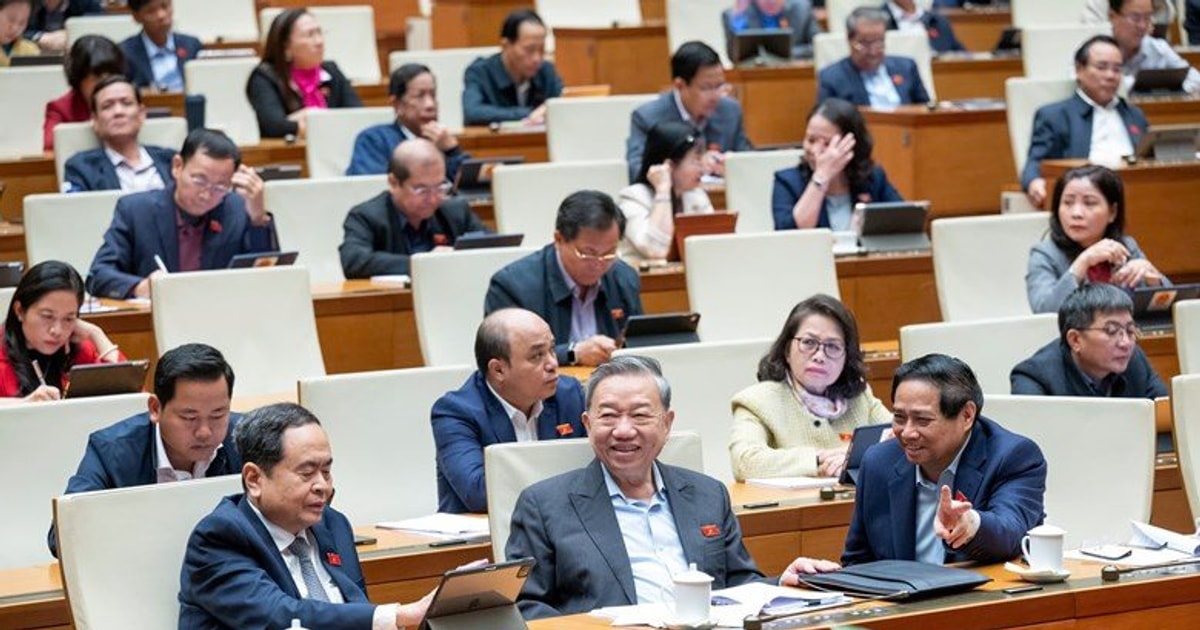
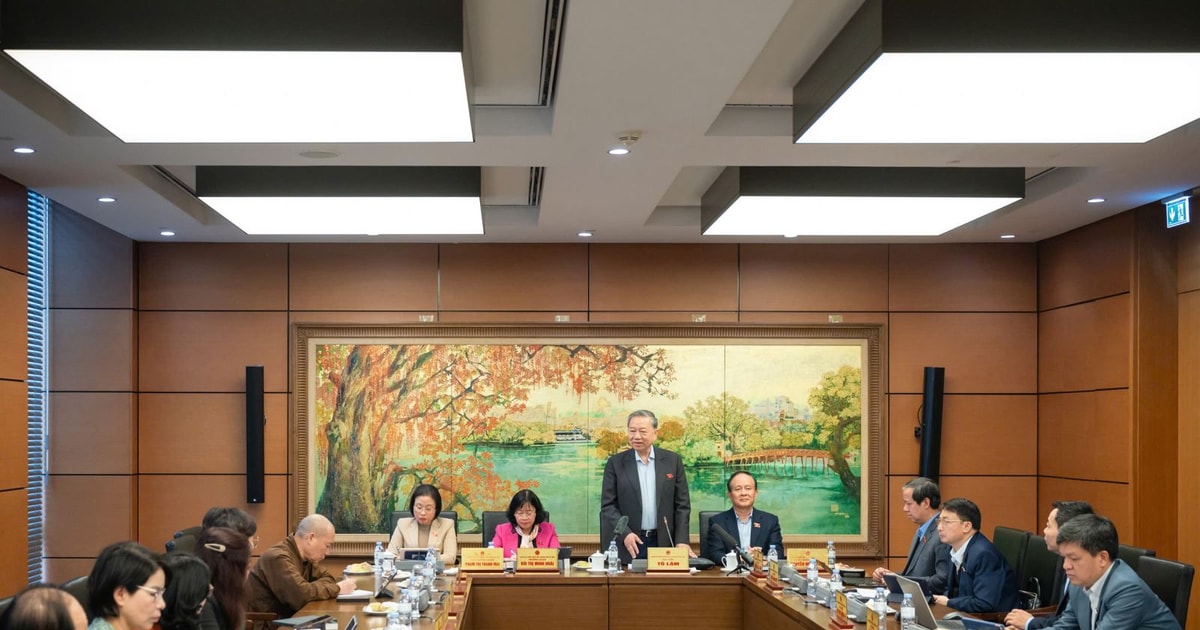














Comment (0)